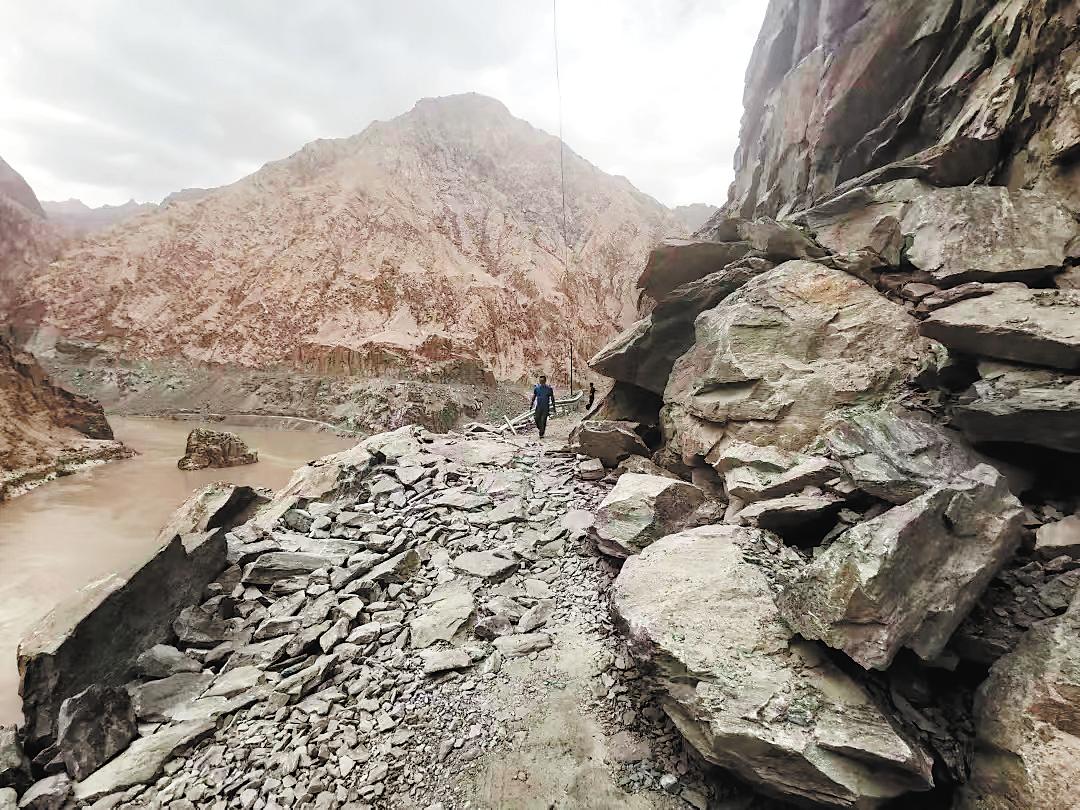Passion for plants takes photographer worldwide
Researcher chases dream to take pictures of more species than anyone else


Pure obsession
It's truly remarkable to consider that just 12 years ago, Zhou, who hails from Anhui province, was merely a novice in the world of botany.
After graduating from Anhui University in Hefei, the provincial capital, in 2002, he joined a medical equipment company in Shenzhen, Guangdong province, as a salesperson. He was soon transferred by the company to a branch in Beijing, where he lived and worked for a decade.
In 2012, he resigned and took a break from working for a while. Then one day, he stumbled upon a news article discussing the identification of wild plants in urban areas, which sparked his newfound interest in botanical exploration.
The article discussed an online chat group consisting of botanical enthusiasts in Beijing. Zhou quickly joined and became an active participant.
Some of the members he met were postgraduate students who were majoring in botany at Beijing Forestry University.
The university has a workstation at the Xiaolongmen Forest Farm on the outskirts of Beijing, where its students can conduct field studies. Zhou visited a friend at the farm and studied botany with the students there.
"At Xiaolongmen, I bought a copy of Flora of Beijing and learned how to use the taxonomic key in the books to identify plants," he said.
"It was a book I read again and again."
After spending several months taking photos of plants in Beijing and trying to identify them, he traveled to Zhejiang province to continue his botanical studies, purchasing a copy of Flora of Zhejiang upon arriving.
By 2013, Zhou's initial interest in botany had evolved into a full-fledged obsession. Over the next two years, he worked a sales job while dedicating nearly all his free time to photographing plants.
In 2015, he quit that job and decided to spend a year immersing himself in his botanical pursuits.
He began participating in a multitude of plant surveys initiated by botanists nationwide, offering his services as either a paid field assistant or a volunteer. His responsibilities included photographing and identifying wild plants, and collecting specimens.
"Since 2015, I've spent more than 200 days a year exploring the wilderness by car, searching for plants and taking photos of them," Zhou said.
He became known among the country's botanists for his ability to find rare wild plants, which allowed him to obtain an increasing number of field job opportunities. In 2018, a botanist with the South China Botanical Garden of the CAS in Guangzhou, Guangdong, invited him to join his team as a full-time research assistant.
Zhou worked with the botanist for two years and has been employed at the botanical garden ever since. He is currently an assistant in the botanical garden's herbarium, where he is responsible for collecting plant specimens and identifying them.
"I need to cooperate with different research teams at the botanical garden," he said.
He also continues to receive invitations to join plant surveys across the country, often as a field expert.























